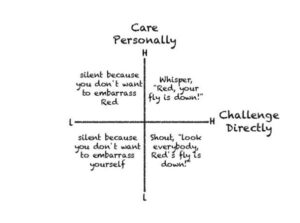-
Employee Surveys
Talk to us to see how we can help you measure and improve the employee experience.
-
Why People Insight
Talk to us to see how we can help you measure and improve the employee experience.
-
Clients
Talk to us to see how we can help you measure and improve the employee experience.
-
Resources
Talk to us to see how we can help you measure and improve the employee experience.
- Pricing
- Contact


